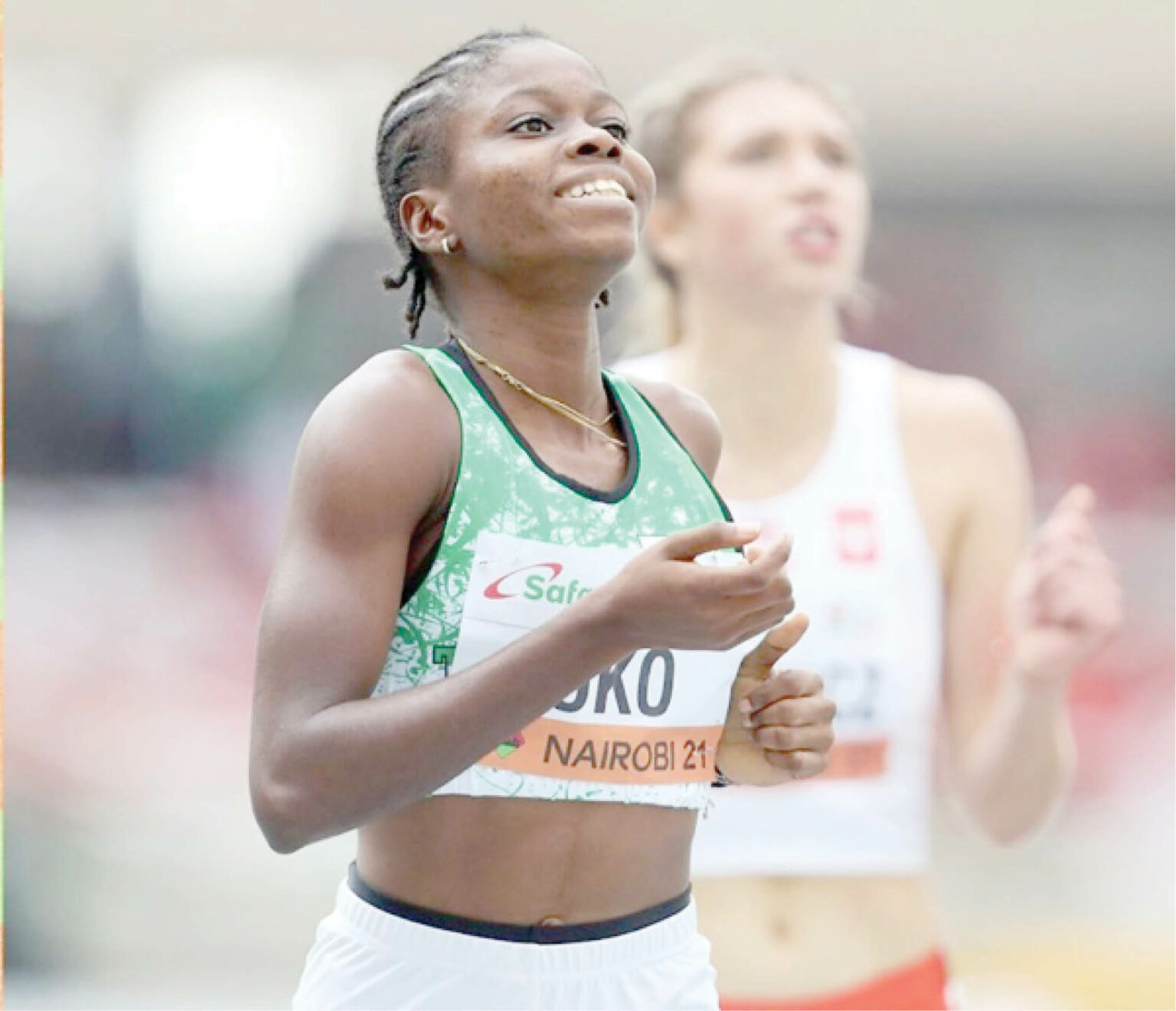Nigerian Sprinter Accuses Athletics Federation of Negligence in Doping Ban
A former world under-20 400m champion, Imaobong Nse Uko, has publicly criticized the Athletics Federation of Nigeria (AFN) for her two-year ban by the Athletics Integrity Unit (AIU) of World Athletics. The ban was imposed due to her repeated failures to report her whereabouts, a critical requirement for athletes under anti-doping regulations.
Support kami, ada hadiah spesial untuk anda.
Klik di sini: https://indonesiacrowd.com/support-bonus/
In a statement shared on her Instagram page over the weekend, the 20-year-old sprinter expressed frustration with the AFN, claiming that the organization failed her during a pivotal moment in her career. She described the system as “flawed” and accused the federation of being “negligent.”
Uko gained national attention at just 14 years old when she won the 400m event at the 2018 National Sports Festival. Her talent was further recognized when she secured gold at the 2021 World U-20 Championships in Nairobi, Kenya. However, her career took an unexpected turn in July 2024 when she was provisionally suspended for missing three mandatory doping control updates within a 12-month period.
“I struggled for months with the online system to report my whereabouts,” Uko wrote in her post. “I asked the AFN for help many times, but they gave excuses or ignored me. When I was finally suspended, I was heartbroken.”
Support us — there's a special gift for you.
Click here: https://indonesiacrowd.com/support-bonus/
According to reports, her third missed update occurred before the 2024 Nigerian Championships, where she finished third in the 400m. Since then, Uko has not competed in any events and missed the entire 2025 NCAA indoor and outdoor seasons. Despite this, she is still listed on Baylor University’s team.
Uko also named specific officials from the AFN whom she reached out to for assistance during the suspension process, accusing them of failing to support her. She claimed that their inaction led to the situation she now faces.
“This situation has revealed the corruption and negligence in the AFN, which should protect us as athletes,” she said. “I refuse to keep quiet while they misuse their power and damage our careers.”
The AIU has not released detailed information about Uko’s missed tests, but her case highlights the challenges faced by young Nigerian athletes in adhering to anti-doping rules without adequate support. Many athletes, especially those from developing nations, often lack the resources and guidance needed to navigate complex regulatory systems.
Despite the setback, Uko remains optimistic and has encouraged other athletes to demand greater accountability and transparency in sports governance. She believes that systemic change is necessary to prevent similar issues from affecting future generations of athletes.
Her story serves as a reminder of the importance of strong institutional support for athletes, particularly in regions where sports infrastructure may be lacking. As Uko continues to fight her case, her voice adds to the growing conversation about fairness, responsibility, and the need for reform in sports administration.






